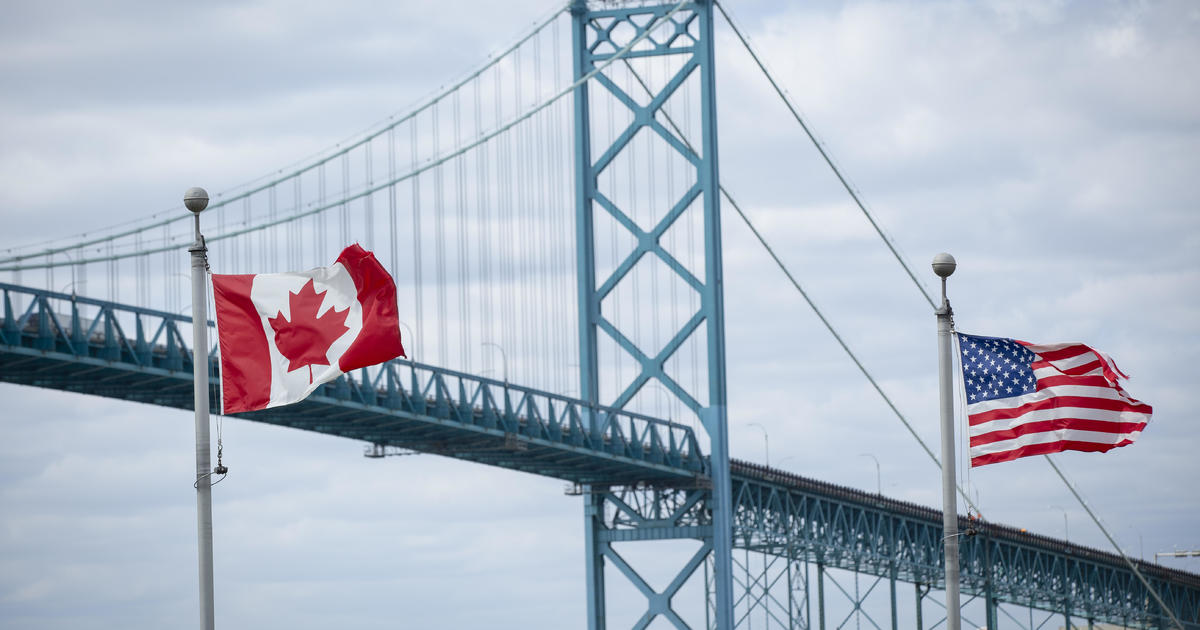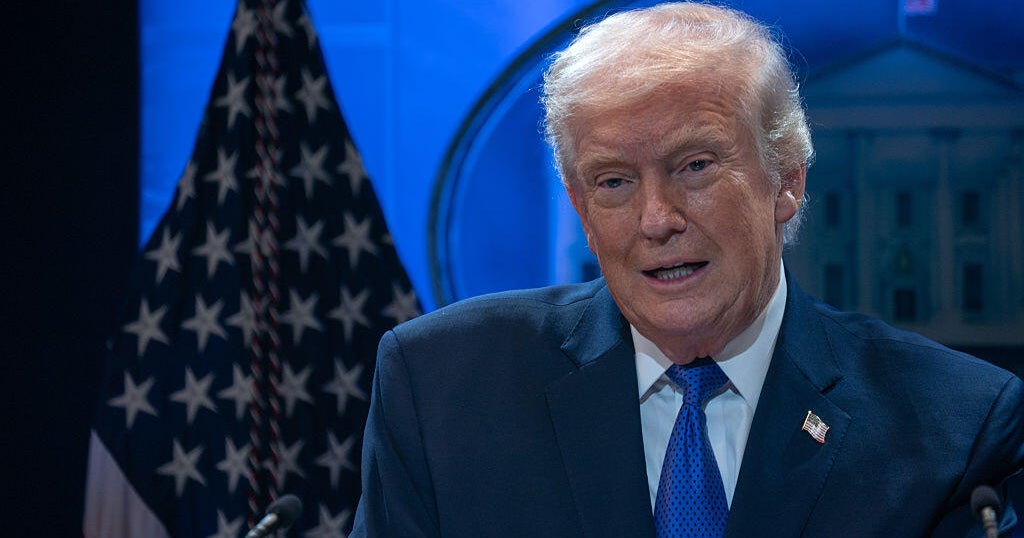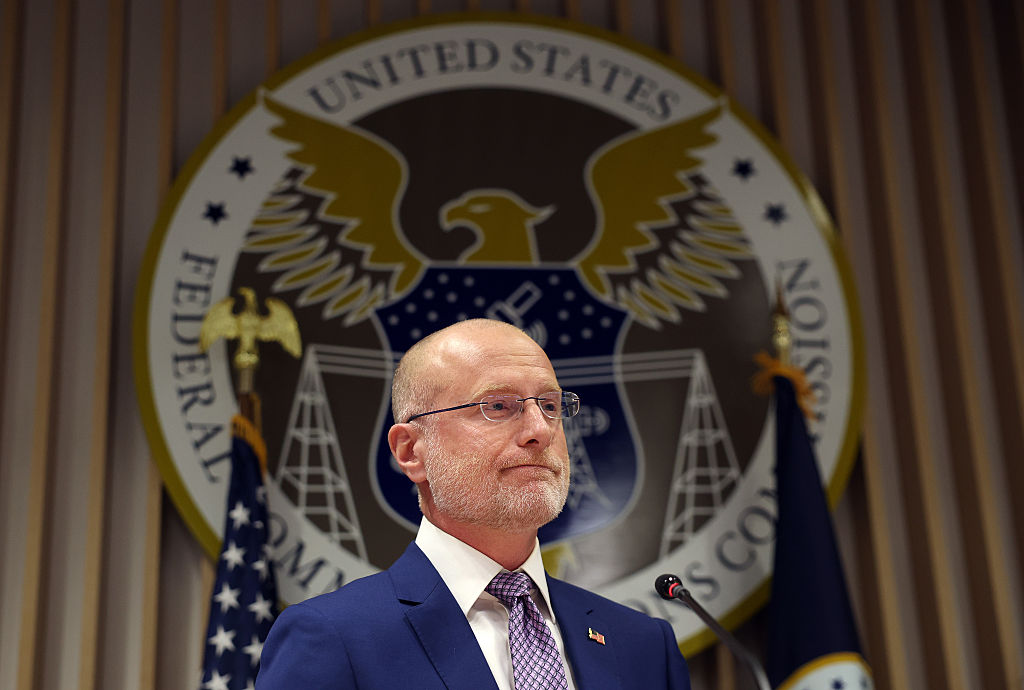Unilever joins Facebook ad boycott over racist content
Unilever says it will stop advertising on Facebook, Instagram and Twitter at least until the rest of the year, joining a number of companies that have pulled ads from Facebook over the social network's failure to police racist and violent information.
"Continuing to advertise on these platforms at this time would not add value to people and society," the consumer goods giant said in a statement Friday. It added that there was much more work to be done in the areas of hate speech and political polarization in the U.S.
"The complexities of the current cultural landscape have placed a renewed responsibility on brands to learn, respond and act to drive a trusted and safe digital ecosystem," the company said, adding it would shift its planned spending to other media.
Unilever is an Anglo-Dutch conglomerate with more than $60 billion in annual sales. It owns scores of major consumer brands around the globe, from Lipton tea and Hellmann's mayonnaise to numerous ice creams (Breyers, Ben & Jerry's and Klondike) and soaps (Dove, Axe and Lifebuoy) and other personal care products (Dermologica, Degree and Lux).
The racial justice group Color of Change called Unilever's move to "a huge step forward in holding Facebook accountable for enabling hateful, denigrating and discriminatory content against Black people."
Unilever is the latest major company to join a boycott organized by civil rights and other advocacy groups under the rallying cry of "#StopHateforProfit." The protest, spurred by last month's killing of George Floyd by Minneapolis police, is supposed to last through July.
A day earlier, Verizon, one of the world's biggest telecommunications companies, pulled its ads from Facebook.
"We have strict content policies in place and have zero tolerance when they are breached, we take action," New York-based Verizon said in a statement. "We're pausing our advertising until Facebook can create an acceptable solution that makes us comfortable."
Other advertisers who've pledged to temporarily stay off Facebook and other Facebook services such as Instagram include three major outdoor gear companies, Patagonia, The North Face and REI.
Asked about the boycott, a Facebook spokesperson pointed to investments the company made to crack down on hate-speech and noted it had banned white supremacist groups from the platform and was undergoing what the company called a "civil rights audit."
"We invest billions of dollars each year to keep our community safe and continuously work with outside experts to review and update our policies," according to a Facebook statement the spokesperson provided.
"The investments we have made in AI mean that we find nearly 90% of Hate Speech we action before users report it to us, while a recent EU report found Facebook assessed more hate speech reports in 24 hours than Twitter and YouTube," the statement continued. "We know we have more work to do, and we'll continue to work with civil rights groups ... and other experts to develop even more tools, technology and policies to continue this fight."
Among the civil rights organizations urging companies to take part in the boycott are the NAACP and the Anti-Defamation League.
ADL Chief Executive Officer and National Director Jonathan Greenblatt asserted in an open letter Thursday that Facebook's "hate speech, incitement, and misinformation policies are inequitable. Their harassment victim services are inadequate. Their advertising placement's proximity to hateful content is haphazard. And their 'civil rights' audit transparency reports aren't helpful to the civil rights community."
He pointed to an instance when a Verizon ad was posted next to "a video from the conspiracy group QAnon drawing on hateful and anti-Semitic rhetoric."
Common Sense, one of the boycott organizers, said other companies who've agreed to "pause" their Facebook advertising include retailer Eddie Bauer, web browser maker Mozilla and a movie studio, Magnolia Pictures.
The boycott, in theory, could pinch Facebook's profits since the company makes most of its money from ads targeted at the interests that more than 2 billion people share on its various services. Investors, so far, don't appear worried about that, though. The company made almost $20 billion in profits off more than $70 billion in ad revenue last year.
Shares in the company, based in Menlo Park, California, hit an all-time high $245.19 earlier this week and haven't fallen dramatically. The stock closed Thursday at $235.68.
Facebook is also under growing pressure for what many see as its hands-off approach to misinformation and to inflammatory ads and posts, including from the reelection campaign of President Trump.
Twitter has also come under pressure to do more to police hate speech on its social media platform.
In a statement Friday, a Twitter spokesperson said in a statement the company had developed policies "designed to protect and serve the public conversation," and remained "committed to amplifying voices from underrepresented communities and marginalized groups. We are respectful of our partners' decisions and will continue to work and communicate closely with them during this time."
-- CBS News' Irina Ivanova contributed reporting.



